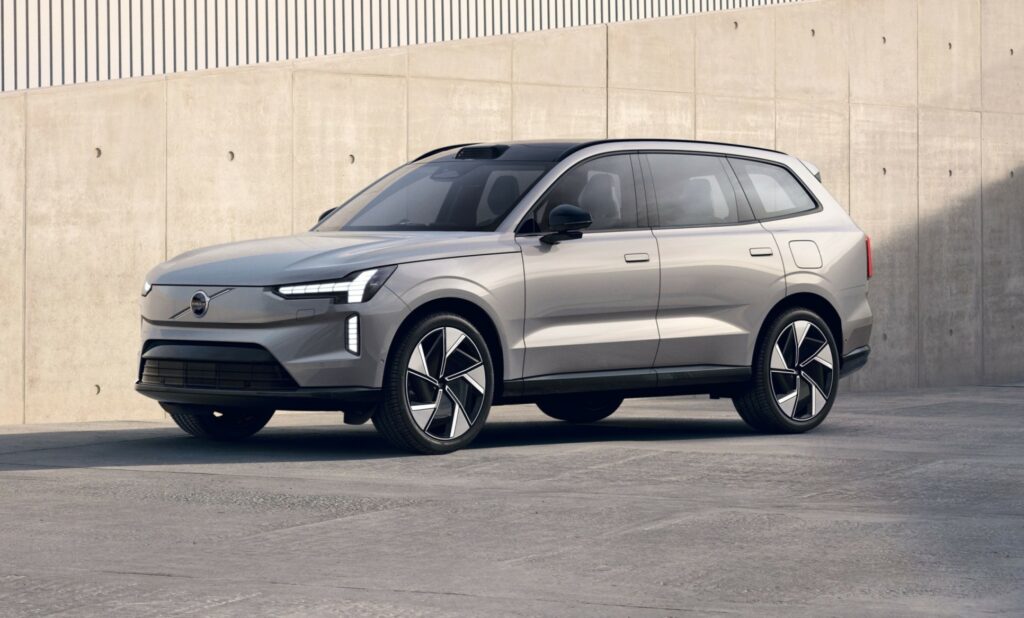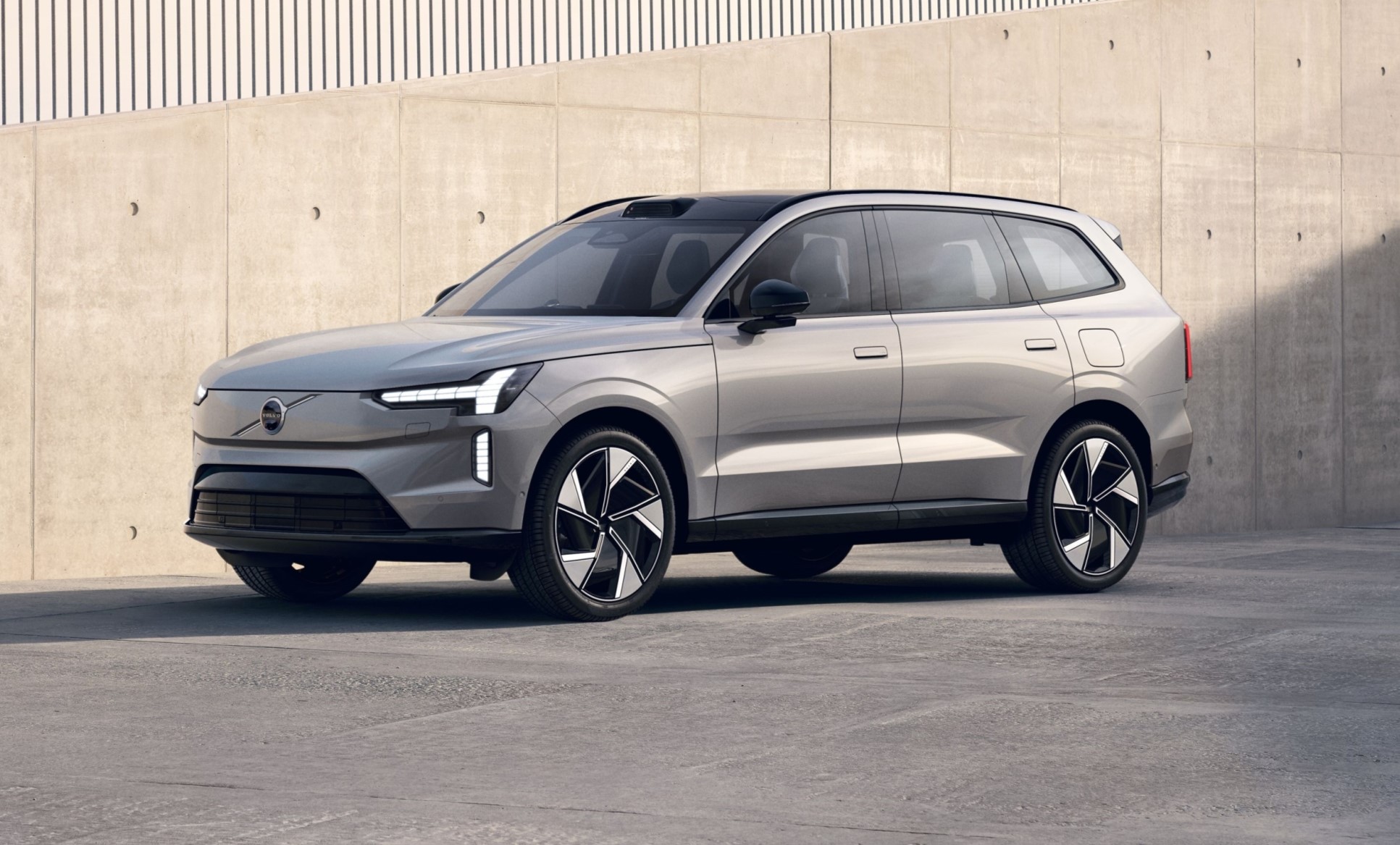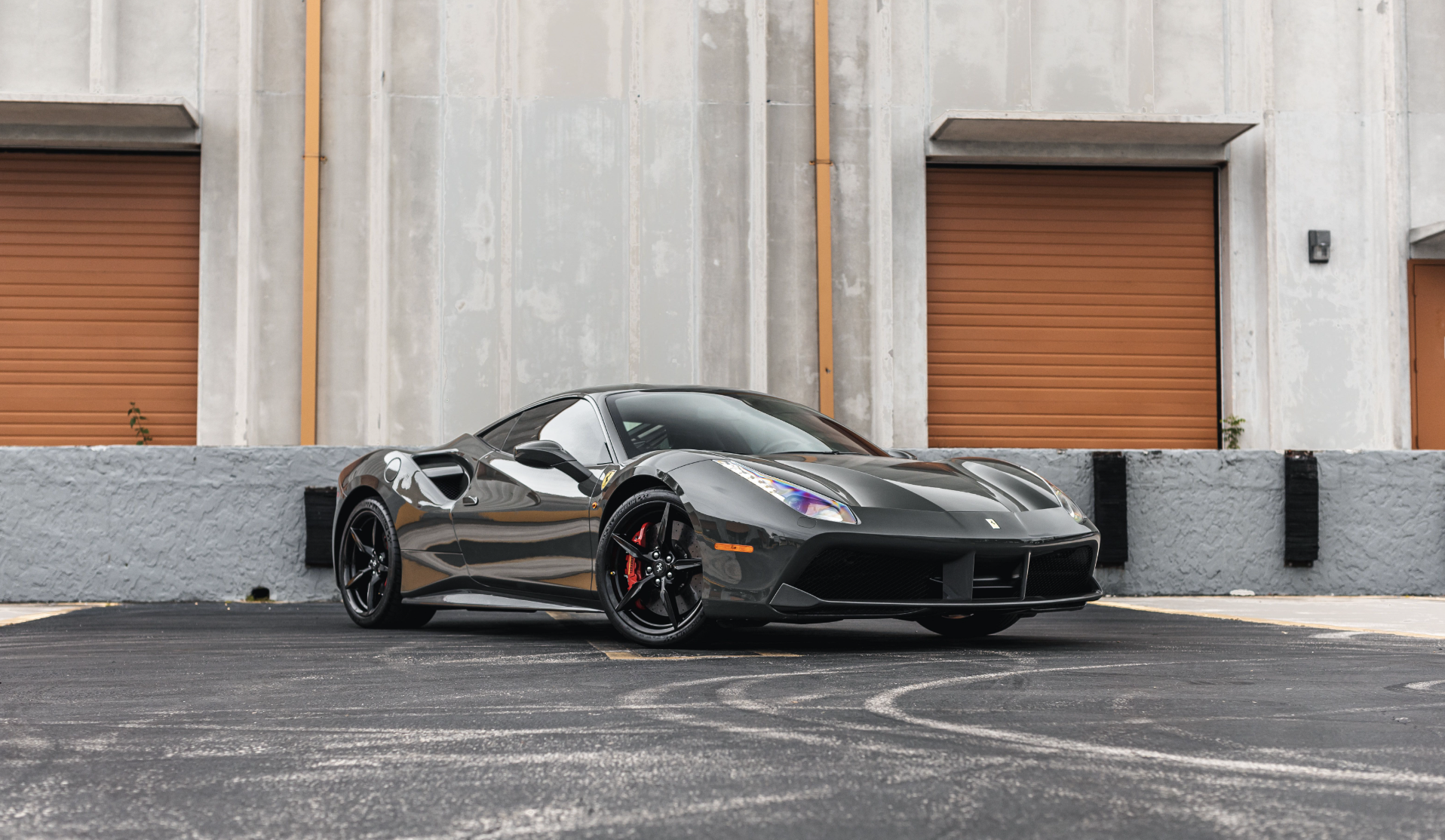Volvo Electric Vehicles, EV Market Changes Drive Decision
Volvo’s recent change in plans to make only electric vehicles shows how quickly the car EV market is changing. Three years ago, Volvo promised to make only electric cars by 2030. However, several reasons have led to a new approach which has resulted in re think with Volvo electric vehicles because of EV market changes.
Demand for electric vehicles in Europe has dropped sharply. According to the European Automobile Manufacturers Association, after Germany stopped giving financial support for buying electric cars, new registrations in the European Union fell almost 11% in July.
Tariffs on Chinese-Made EVs Create Additional Challenges
New tariffs on electric cars made in China create more problems for companies like Volvo. Canada recently announced a 100% tax on imported Chinese electric vehicles, similar to actions taken by the U.S. and the European Union. This is a major challenge for Volvo since it is mostly owned by the Chinese company and relies on Chinese factories for production. Western countries say China unfairly supports its car industry, while China claims these accusations are false, making global car trade more complicated.
Volvo’s New Production Strategy: A Focus on Flexibility
Due to these challenges, Volvo has changed its production plans. By 2030, the company now aims for at least 90% of its cars to be . A few mild hybrids—traditional cars with some electric power—might also be produced. This change shows a flexible strategy that responds to shifting consumer needs and market realities.
CEO Jim Rowan’s Vision for the Future
Despite these changes, CEO Jim Rowan is hopeful about the future of electric vehicles. He strongly believes in Volvo’s electric future but recognises the difficulties of this change. He points out that consumers and markets are evolving at different speeds. This shows Volvo’s awareness that people are adopting electric vehicles and building charging stations at varying rates.
Industry-Wide Adjustments in Electric Vehicle Production Goals
Volvo’s new strategy fits into a wider trend in the car industry. Big companies like General Motors and Ford have also changed their electric car goals. Recently, Ford paused its plans for a large all-electric SUV and delayed the launch of its next electric pickup truck. At the same time, General Motors has lowered its production goals because of tough market conditions.

.
The Future of the Electric Vehicle Market
is still being determined as the car industry faces many challenges, including changing regulations, trade issues, consumer preferences, and building charging stations. For Volvo, producing more electric vehicles is complex and needs both flexibility and smart planning.
Navigating an Uncertain Future
Volvo’s recent change in its electric vehicle plans reflects a larger trend in the car industry. Changing market conditions force car makers to rethink their electric vehicle goals. While Volvo is still committed to an electric future, it sees the many challenges ahead. This commitment to an electric future, despite the challenges, is a testament to Volvo’s optimism and determination in the face of market changes.
With careful planning and a strong focus on innovation, Volvo is well-positioned to overcome these challenges and maintain its position as a leader in sustainable transportation. The company’s strategic planning and commitment to innovation instill confidence in its ability to navigate the uncertain future of the electric vehicle market.
FAQs
Why did Volvo change its electric vehicle target?
Volvo altered its target due to changing market conditions, including a slowdown in demand for electric vehicles and increased tariffs on imports.
What percentage of Volvo’s production will be electric by 2030?
Volvo expects at least 90% of its output by 2030 to consist of electric vehicles and plug-in hybrids.
How have affected electric vehicle sales?
Many subsidies encouraging consumers to buy electric cars have ended, contributing to concerns and hesitancy among potential buyers.
Should I still lease and Electric Car?
Leasing an electric car can be a great option for many people, especially in a volatile market. You can take advantage of good deals without worrying about the future value of the vehicle.
What is a mild hybrid?
A is a vehicle that combines a conventional engine with limited electrical assistance, making it more conventional than full hybrids or fully electric vehicles. This means that while the vehicle still relies on a traditional engine, it also has a small electric motor to assist with certain tasks, such as accelerating or cruising at low speeds.
How do tariffs affect car manufacturers like Volvo?
vehicles make production more expensive, pushing manufacturers to reconsider their pricing and production plans.




